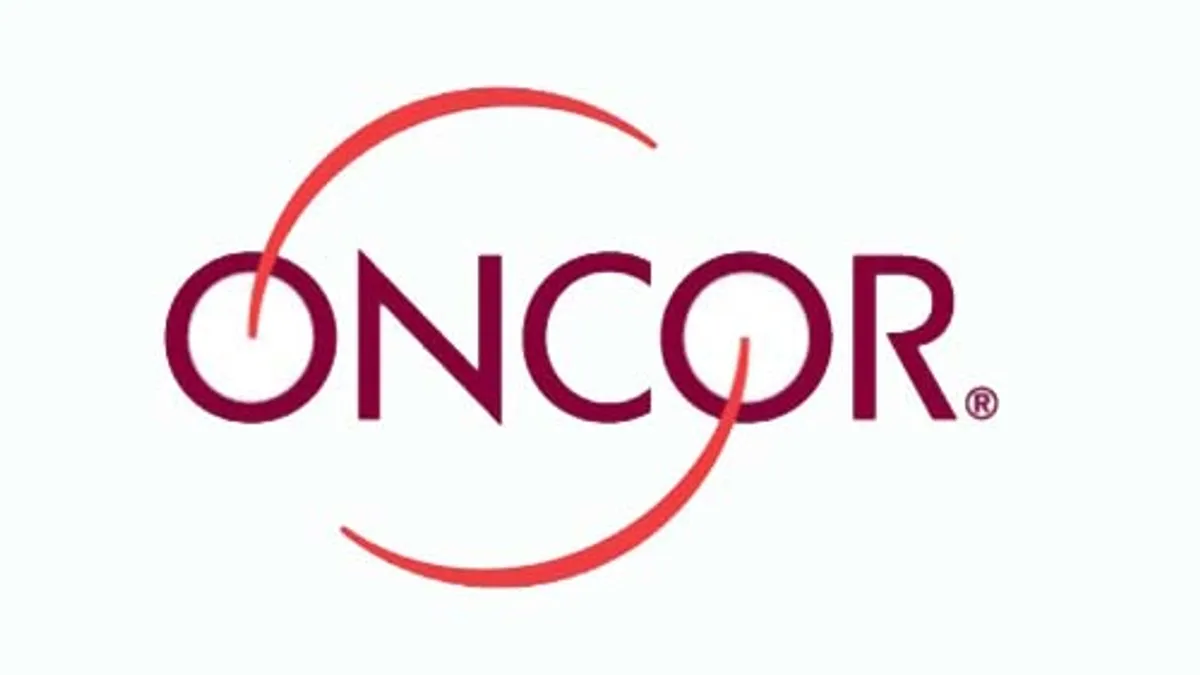Dive Brief:
- NextEra Energy has made a new bid to acquire Texas transmission and distribution utility Oncor, the Wall Street Journal reports, complicating the bankruptcy trial of Energy Future Holdings (EFH), Oncor's parent company.
- In a court filing on Wednesday, NextEra proposed an alternative to EFH's current plans to sell Oncor to Hunt Consolidated and its creditors — controversial with some of the parties to the bankruptcy. NextEra said it is ready to fully repay Oncor's creditors and provide the company with "a new parent that has a strong balance sheet and credit rating."
- Hunt Consolidated is seeking to convert Oncor into a Real Estate Investment Trust (REIT), which could help create value through lower taxes. That type of reorganization has never been tried with a utility of this size, however, and Moody's warned in August that the plan carries risk for shareholders.
Dive Insight:
Once widely pegged as the lead bidder in a potential auction to buy EFH's prized asset, NextEra appeared to have lost out to Hunt Consolidated when EFH filed with the bankruptcy court in July, seeking to "reach rapid closure" of a deal with Hunt.
Last month, the Delaware bankruptcy judge ruled that Oncor's sale to Hunt could move into the trial phase, setting up a showdown between creditor groups that support and oppose the deal. Some shareholders worry that the REIT conversion plan could run aground after a Moody's report this summer that said the scheme "will increase the risk of regulatory contentiousness" surrounding Oncor's sale.
Now, NextEra has pushed its way into that debate, noting in a Tuesday filing that previous claims in the case that there is no alternative to the Hunt deal are incorrect. The nation's largest utility by market captialization stands ready to buy the Texas utility, repay the full value to its creditors, and clear "any third party debt that resides above Oncor."
The company hopes its proposal would lead to an improvement in Oncor's credit ratings and allow it to execute on its five-year capital expenditure plan, without the regulatory attention that would be given to an REIT.
NextEra said in its filing that it was prepared for "nearly a year" to "immediately negotiate and sign definitive agreements" to buy Oncor at its value as of July 2014, but EFH refused.
"In fact," the filing states, "one day after NextEra submitted its binding Round 2 bid ... [EFH] put negotiations with NextEra on hold and entered into an agreement with certain [Hunt] creditors that, among other things, mandated that any negotiations with NextEra would 'not interfere with or impair'" EFH's negotiations with the creditors. [Editor's note: Bold and italics come directly from NextEra's filing.]
Unable to reach a final deal with Hunt, NextEra writes that EFH came back in June 2015 ready to negotiate.
"Unfortunately, at the precise moment in June when [EFH] finally appeared to be willing to negotiate ... market conditions did not allow NextEra to maintain its bid at the bid value that would allow NextEra to achieve the critical objectives..."
NextEra is no stranger to complicating business matters for Energy Future Holdings, Reuters notes. In 2014, the company upset EFH's original turnaround plan with an unsolicited bid for Oncor.
EFH filed for chapter 11 bankruptcy protection in April 2014 as falling energy prices stressed its generation and retail businesses, the Wall St. Journal notes. Oncor, the largest T&D utility in Texas, is considered EFH's prized asset and is valued at about $19 billion.
NextEra did not include price details in its filing but says it stands willing to negotiate. The Public Utilities Commission of Texas has already opened a docket to evaluate the potential deal and its REIT conversion plan.
Energy Future, according to the Journal, has stressed in the past that Hunt's owners have put their reputations on the line to assure parties to the deal that it would pass muster with regulators. The bankruptcy trial is ongoing.













